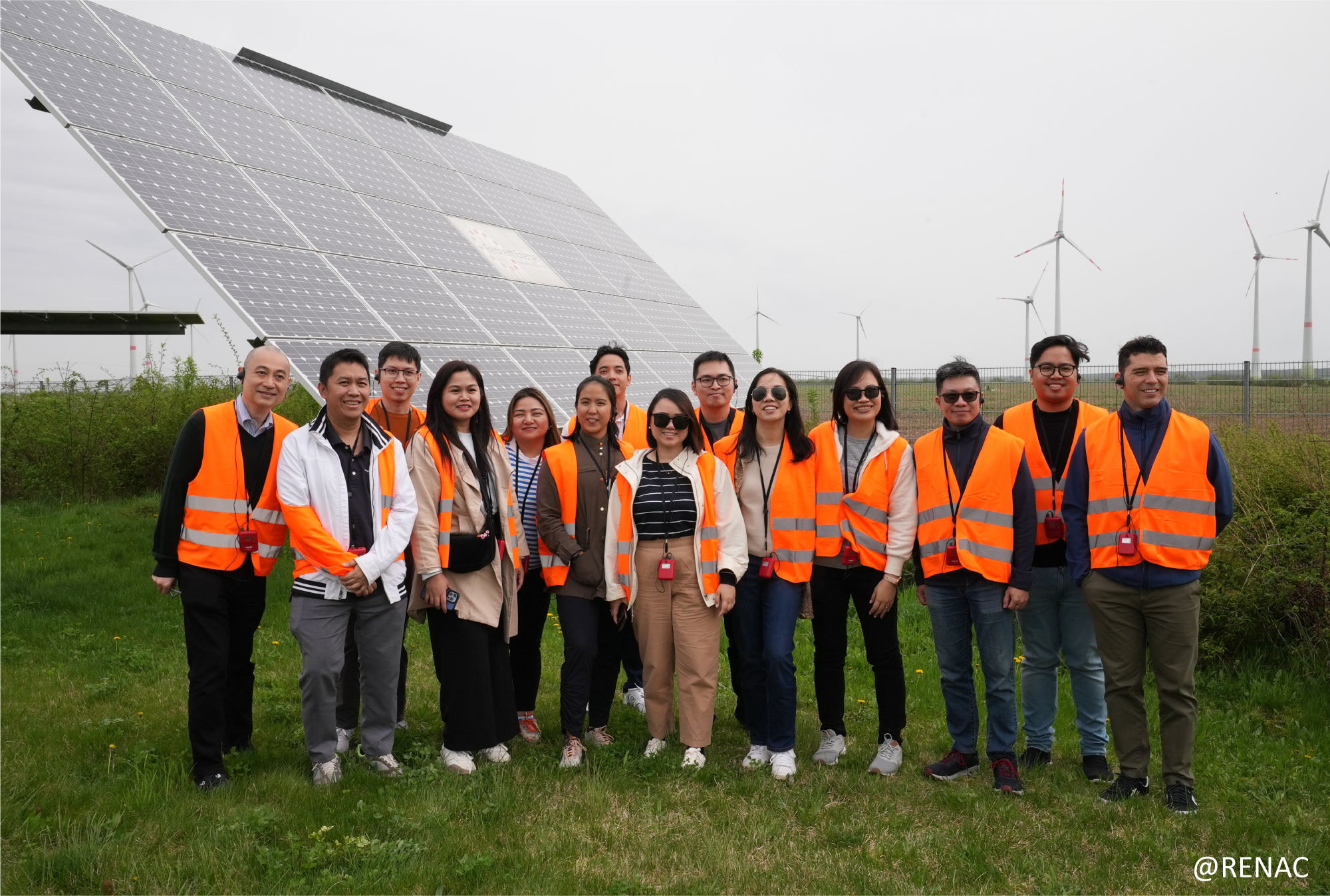Unlocking rural potential: The shift in green energy finance training
Economic and financial aspects have always been part of ARE Member RENAC’s training on RE and EE technologies. In 2015, coinciding with the Paris Agreement, RENAC launched the “Green Banking” project, which focused on RE and EE finance, and access to international climate finance. Funded by the German International Climate Initiative (IKI), this project has achieved significant milestones in promoting sustainable finance. The first phase, which concluded in 2019, provided scholarships to financial institutions in India, Indonesia, the Philippines, Thailand, and Vietnam. The second phase extended training programmes to Latin America, concluding in 2022. Now entering its third phase, the project will continue until the end of 2026, maintaining its commitment to fostering sustainable development worldwide.
The programme has been successful from the start. One early example is Hynh Hiep, who, in 2017, utilised the training to evaluate solar energy project proposals following new incentives from the Vietnamese government. His company’s criteria helped select viable projects, including the 40 MWp Mui Ne solar plant in Binh Thuan province, which now supplies energy to a nearby town.
RENAC’s flagship green finance training programme, the Green Energy Finance Specialist (GEFS), was the result of the first iteration of the Green Banking project. It has since been extended to other continents, such as Latin America, and is also available as a ready-made training programme for individuals and institutions.
Who benefits from green finance trainings? Participants hail from financial institutions, specialising in project finance or fund management. Participant feedback shows that green finance training is also useful for experienced bankers: ” It has allowed us to evaluate renewable energy projects we previously overlooked due to lack of knowledge. Now, we seek funding for these projects,” states one participant. The private sector also shows keen interest, including technology suppliers, engineering firms, and SMEs eager to invest in small-scale renewable projects. Moreover, representatives from ministries, RE associations, and NGOs are also participating in these training, reflecting the growing demand for expertise.
What skills should a good finance training cover? The curriculum covers key financial topics such as project finance, appraisal, and financial modelling, as well as RE feasibility assessment and investment valuation. It also covers the bigger picture, including international climate finance options. Additionally, the basics of RE technologies are taught, crucial for financial sector participants to properly evaluate projects.

For some time, there has been a growing interest in practical scenarios for project developers as well as for small-scale applications. In response, the Green Banking Scholarships were extended to five African countries in 2021: Uganda, Burundi, Senegal, Benin, and Nigeria. The focus was on financing for rural electrification programmes.
Another project RENAC embarked on, focusing on small-scale applications, was the SOARING project, which was also funded by the German International Climate Initiative (IKI). The project delivered specialized training on DRE applications in Tanzania and Zambia. These trainings covered a range of topics, including both countries’ energy markets, climate finance options, RE technologies for productive use, and technical and financial assessments of RE/EE projects. The training offered practical guidance on developing and pitching robust business plans, covering market analysis, growth projections, human resource planning, and financial planning.
The immense interest in training for project developers and financing small-scale projects is currently being integrated into the Green Banking programme- moving forward, the GEFS will be offered with a large-scale as well as with a small-scale focus. Furthermore, the Green Energy Project Development Specialist will be provided as a new training programme specifically for project developers.
– RENAC
